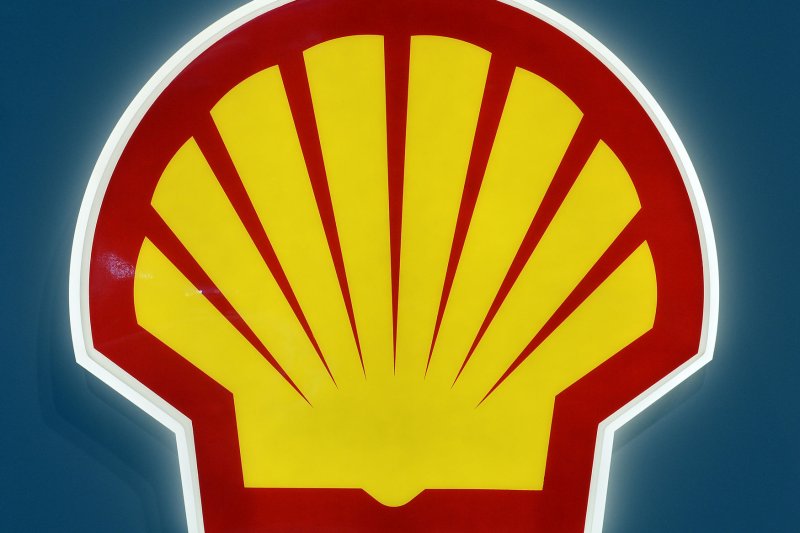Shell announces more layoffs following the combination with BG Group, but said it's still recruiting for some parts of the energy sector. File photo by Brian Kersey/UPI |
License Photo
ABERDEEN, Scotland, May 25 (UPI) -- At least 2,200 additional jobs will be trimmed from the payroll as the industry struggles to move through the downturn, a Shell official said from Scotland.
British energy company BG Group became a unit within the corporate structure of Royal Dutch Shell in early February. The $7 billion tie-up was the largest of its kind since Exxon and Mobil joined forces in the 1990s.
After the deal closed, Shell said it was closing some of the offices in the United Kingdom for BG Group as both companies move forward under a united structure. Paul Goodfellow, a regional vice president for Shell, said from Aberdeen at least 2,200 additional jobs would be cut as the combined strategy evolves under a strategy to reduce overall costs.
"These are tough times for our industry and we have to take further difficult decisions to ensure Shell remains competitive through the current, prolonged downturn," he said in an emailed statement.
Voluntary layoffs were opened to BG Group staff as offices closed, though Shell said all internal vacancies were available to them. In its latest announcement, the company said the total number of job losses would be less than 5,000 in 2016 as Shell continues to recruit for its refining and service sectors.
Although the combination with BG Group results in widespread redundancies, Shell said combined costs would move lower by about $4 billion for the year. Even though crude oil prices are up roughly 70 percent from early 2016 lows below $30 per barrel, Goodfellow said the market was still depressed when compared with two years ago.
"Our integration with BG provides an opportunity to accelerate our performance in this 'lower for longer' environment," he said.
Shell in early May published its first earnings report of the year since closing on its deal to acquire British energy company BG Group. The Dutch supermajor said the deal was paying off in terms of output, which is up roughly 15 percent compared with last year. Cash flow for the combined entity increased by $800 million.















